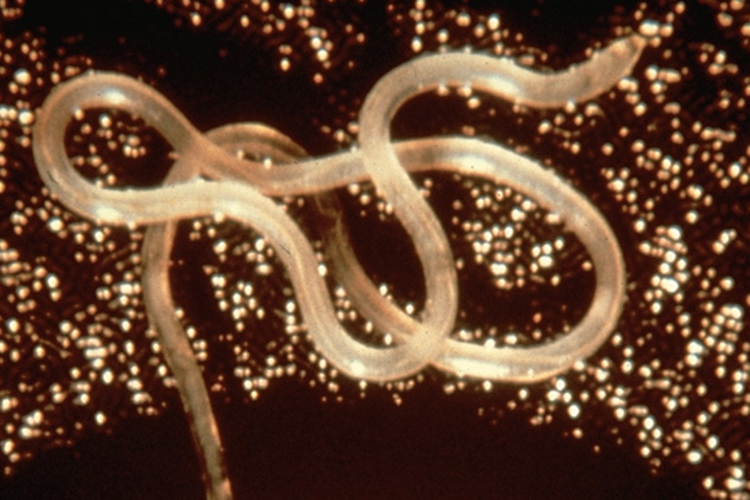New Drug 'Moxidectin' for River Blindness
A new treatment to help eliminate a neglected tropical disease was developed thanks in part to an incentive program devised by researchers at Duke University.

Moxidectin, a macrocyclic lactone created by the drug company Medicines Development for Global Health, was recently approved by The U.S. Food and Drug Administration.
Moxidectin seeks to treat helminthic infections that affect more than 15 million people worldwide. The firm will be awarded a voucher for priority review of another drug, under a system first proposed by David Ridley, a professor at Duke University’s Fuqua School of Business, Henry Grabowski of the Duke Department of Economics, and Jeffrey Moe, of the Duke Global Health Institute.
“With a new treatment, we’re one step closer to eliminating river blindness,” Ridley said. “And the developer is a non-profit company,” explains David Ridley, a professor at Duke University’s Fuqua School of Business.
River blindness, or onchocerciasis, is typically found in economically-distressed areas in sub-Saharan Africa. The clinical trials published in The Lancet medical journal found that moxidectin to be more effective in treating river disease than any current treatment.

Moxidectin is a anthelmintic medicine that targets the parasite's glutamate-gated chloride ion channels. These ion channels are crucial to the function of invertebrate nerve and muscle cells. Moxidectin has activity against O. volvulus microfilariae, the parasite involved in river blindness disease, but does not have an effect on adult O. volvulus parasites.
Individuals with river blindness administered moxidectin had adverse events consistent with those associated with efficacy. The nature and severity of these effects from moxidectin recipients were similar to another drug known as ivermectin.
Eosinophilia, pruritus, musculoskeletal pain, headache, lymphopenia, tachycardia, rash, abdominal pain, hypotension, pyrexia, leukocytosis, influenza-like illness, neutropenia, cough, lymph node pain, dizziness, diarrhea, hyponatremia and peripheral swelling; were are all considered to be the most common adverse reactions.
However, the efficacy of repeat administrations of moxidectin have yet to be examined. Moxidectin is given as 2 mg tablets for administration as an 8 mg dose per oral to patients at least 12 years of age with O. volvulus infection.








